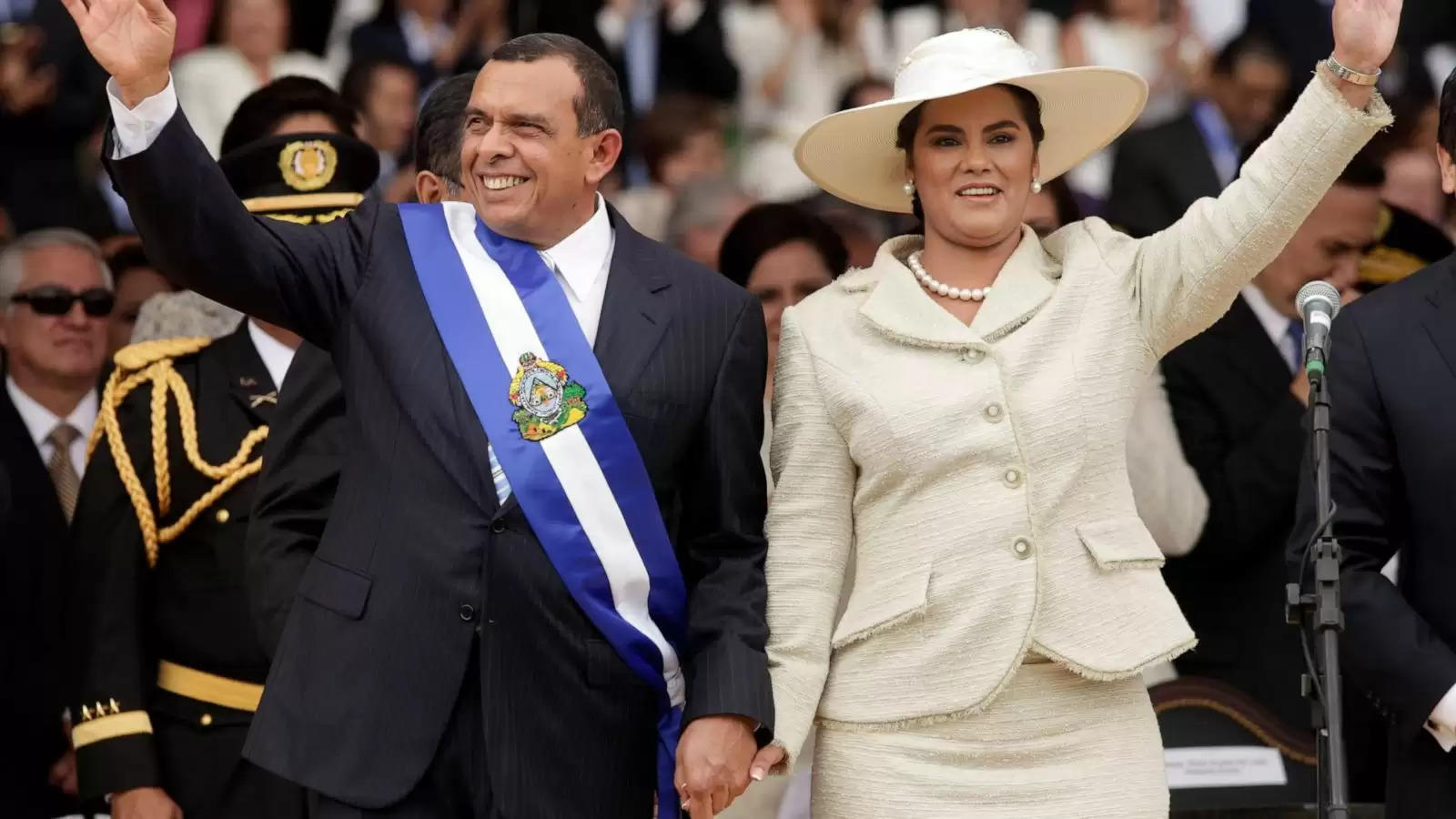The United States has published a list of corrupt Central American officials.

The US State Department has issued a list of current and past officials in three Countries In central America, including former presidents and active lawmakers, who are accused of corruption or subverting democracy.
Guatemala: The US State Department has named more than 50 current and past officials in three Countries In central America, including former presidents and active lawmakers, who are accused of corruption or undermining democracy.
Although most of the cases were already well-known in Guatemala, Honduras, and El Salvador, the addition of names on the US list increased anti-corruption activists’ expectations. The list was provided to the US Congress as part of US Rep. Eliot Engel’s US-Northern Triangle Enhanced Engagement Act, which was introduced last year.
ts publication coincides with the Biden administration’s renewed focus on pervasive corruption in the area as one of the causes motivating Central Americans to seek asylum in the United States.
White House special envoy for the Northern Triangle, Ricardo Ziga, said Thursday (July 1) that the list was not final and that denying US visas to individuals listed did not rule out further measures. The State Department is required by law to present a list to Congress at least once a year.
According to Ziga, the list was compiled using confidential and unclassified material, with a focus on instances involving current or former government officials or those in positions of power, rather than earlier transgressions.
“Some of the most fundamental core reasons of irregular migration from Central America are regarded as corruption and attacks on democracy,” he added. “They stymie governments, distort markets, undermine development initiatives, and, in the end, demoralize a population that decides to go on a perilous irregular migration to Mexico and the United States because they don’t feel we can construct a better future for them at home.”
The report’s request reflects Congress’ growing concern about the level of systemic corruption in the Northern Triangle countries, as well as the significant backsliding that has occurred in the region in recent years, and the need to “ensure that our assistance does not end up in the pockets of corrupt officials or their allies,” according to Adriana Beltran, director of citizen security at the Wakf Foundation.
Former Honduran President Porfirio Pepe Lobo Sosa and former first lady Rosa Elena Bonilla de Lobo are among the most famous individuals on the list. Lobo Sosa allegedly received bribes from a drug gang, and his wife was implicated in fraud and misuse of money, according to a State Department investigation. The charges are denied by both parties. Last year, the Supreme Court overturned Bonilla’s conviction on similar counts, and she is awaiting a new trial.
The exclusion of current Honduran President Juan Orlando Hernandez was perhaps as important as Lobo Sosa’s inclusion or that of more than a dozen current MPs. Hernandez has been accused by US authorities in New York of using payments from drug traffickers to support his political rise, although he has not been charged legally.
He has categorically denied any misconduct. In March, his brother, former federal legislator Juan Antonio Tony Hernandez, was sentenced to life in jail in New York. Ral Pineda Alvarado, a Honduran analyst, said the list had great hopes, but that it did not contain the top culprits in general, leaving him disappointed.
If the US Congress intends to fight corruption in Honduras in this manner, it’s like trying to cure cancer with aspirin. Most of the identities were secondary culprits, he claimed, rather than those who call the shots and manage resources.
In some ways, you felt this Engel list would be a crushing blow to the true corruption heavyweights, Pineda said. But, sadly, those expectations were dashed.
Former cabinet members, a judge, and President Nayib Bukele’s cabinet chief were placed on the list in El Salvador. Carolina Recinos, the president’s chief of staff, has kept a low profile since her name appeared on a reduced State Department list in May, but administration insiders say she is still present in the White House.
According to the list released on Thursday (July 1), she committed major misconduct by abusing public funds for personal gain and participating in a money-laundering operation.
Two previous presidents of the Legislative Assembly were also on the list, including Walter Araujo, who defected from the conservative Arena party to become a prominent leader of Bukele’s New Ideas party.
.png)